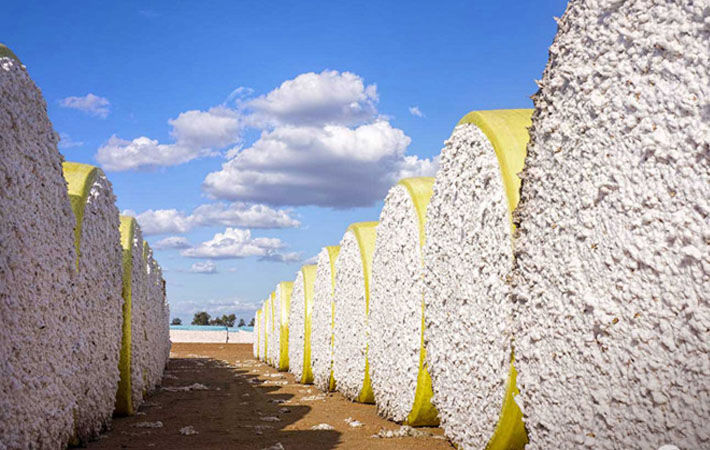
Agriculture has evolved over the years to drive efficiency, yield and profits, and the rise of digital agriculture has the potential to be the most transformative and disruptive evolution of all. Experts at EY say investors are pouring billions of dollars into agriculture technology like software because the agriculture industry has begun harnessing the power of data and analytics. The introduction of precision farming – an approach that uses data sensors, connected devices, remote-control tools and other technologies – has enabled farmers to accurately measure, map and manage variations in their fields to increase yields and lower production costs, SAS said in a press release.
A cotton gin separates cotton seeds from cotton fibre. It takes about 90 seconds for a 480-pound cotton bale to go through that process. The faster the gins run, the better. By analysing the data flowing off multiple gins over several years, SAS identified key factors that affect the rate of processing – gin function, cotton condition and variety, fibre strength – to determine ideal gin speeds that improve machine uptime to get cotton products to market more quickly.
SAS and Cotton Incorporated used this project as a method to demonstrate the value of such analytics to industry leaders.
“SAS began in 1976 as a company that analysed agricultural data. SAS established an AgTech business unit in 2019 that forms partnerships with emerging companies. SAS’ roots are in agriculture, and we're eager to make a difference in the cotton industry with support from Cotton Incorporated. Together we'll use the latest analytics and artificial intelligence technologies – like computer vision and streaming analytics – to help companies supply food and fibre to the world,” Paula Henderson, SAS executive vice president and chief sales officer for the Americas said in a statement.
“SAS, our North Carolina neighbour, will help the cotton industry further modernise/ I have no doubt our work in ginning, textiles and retail will make a meaningful difference in the ways our industry grows in more fruitful and sustainable ways,” J. Berrye Worsham, president and CEO of Cotton Incorporated said.
Fibre2Fashion News Desk (GK)